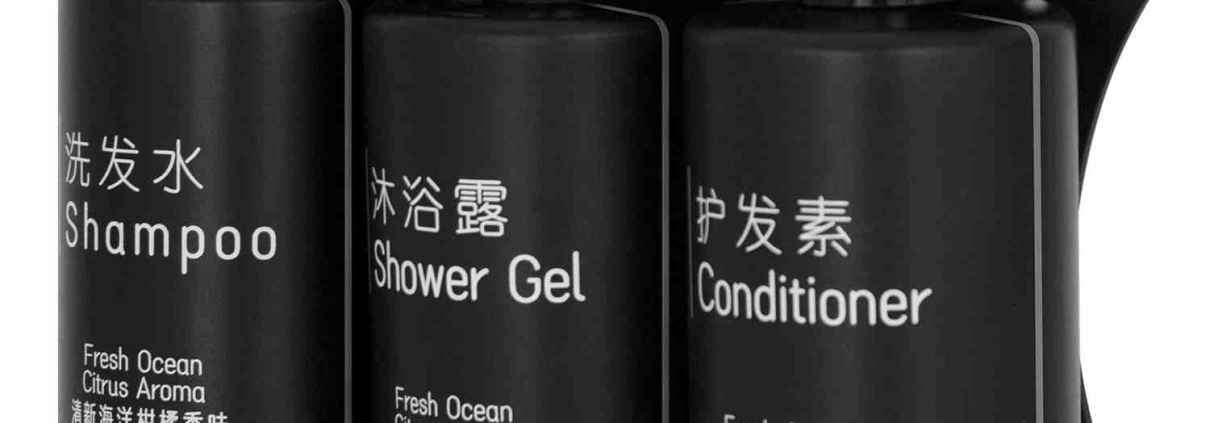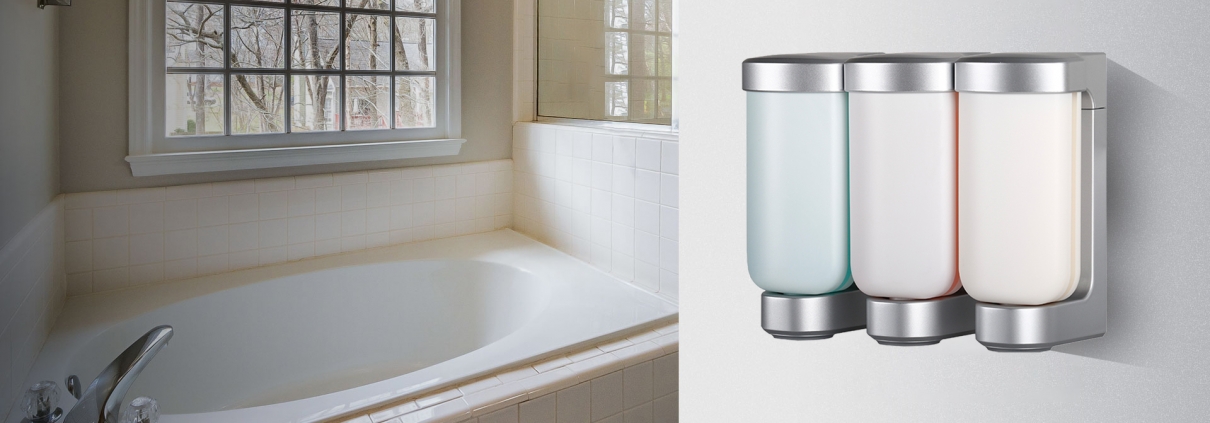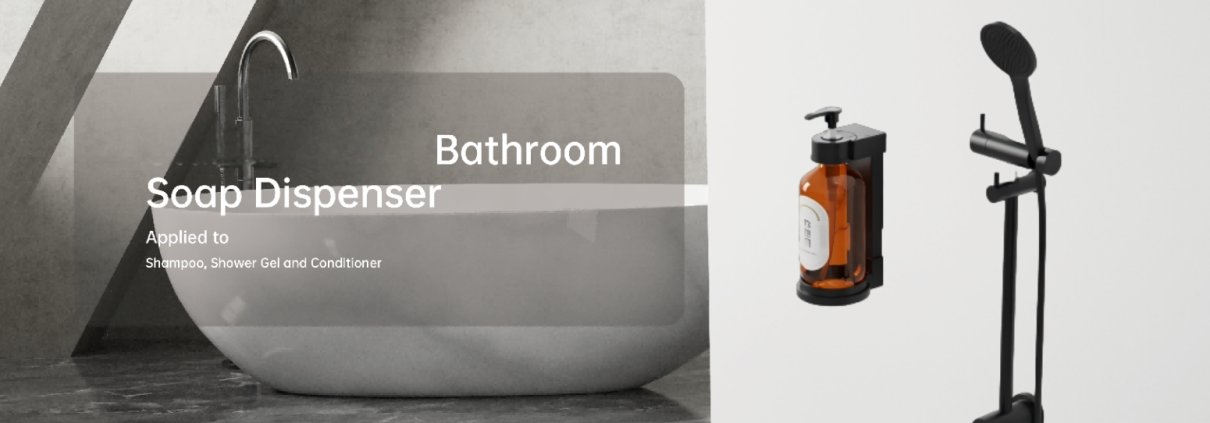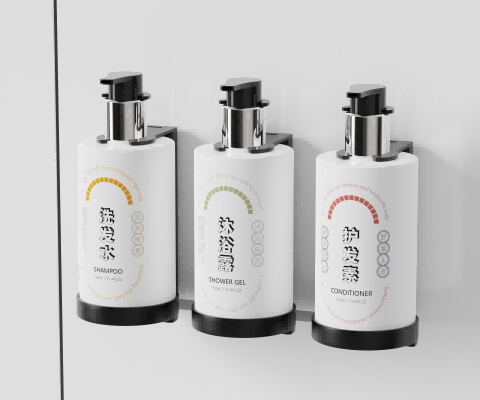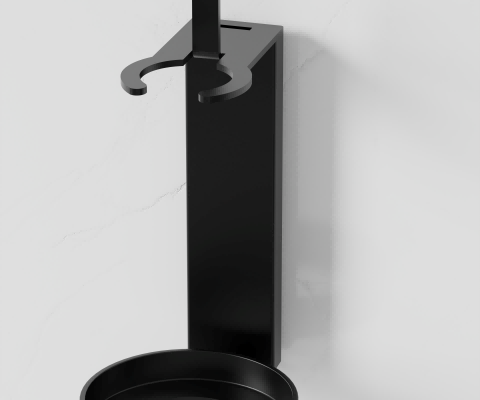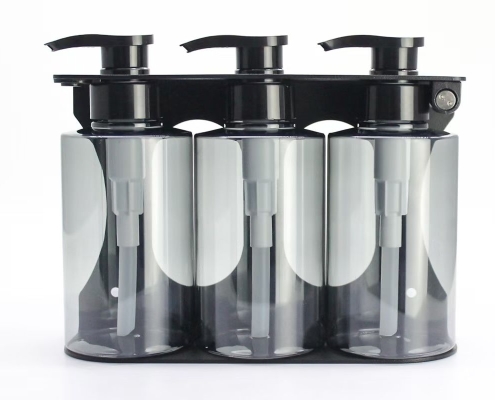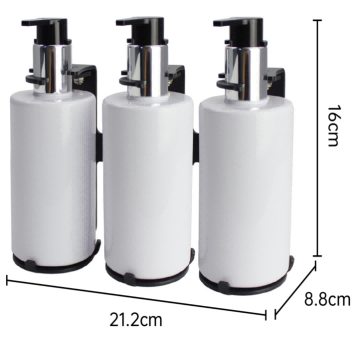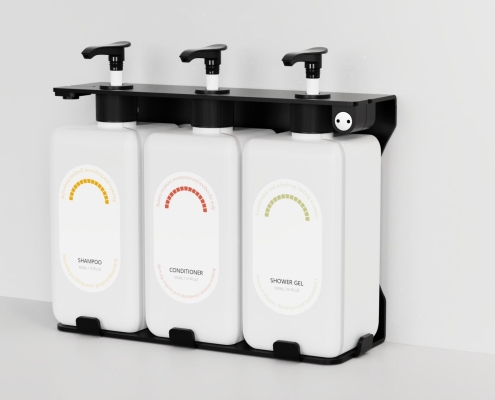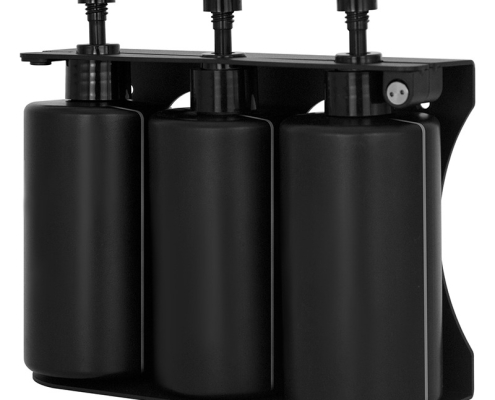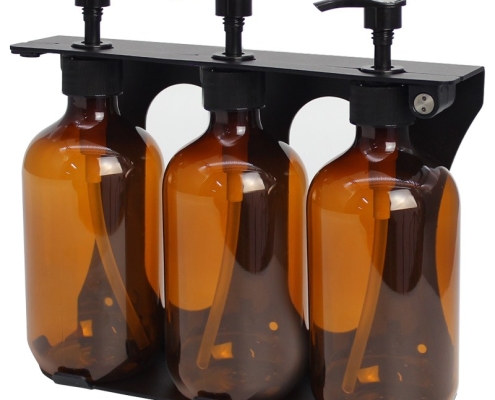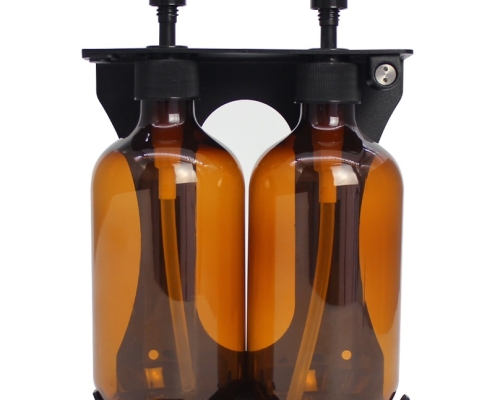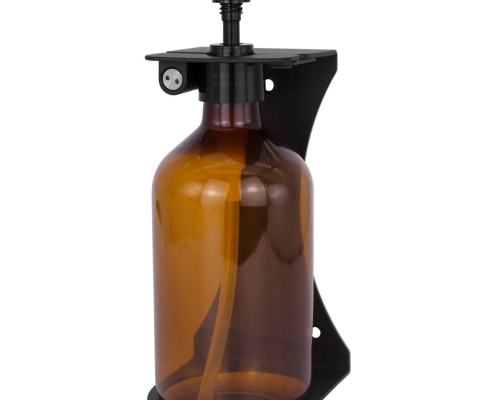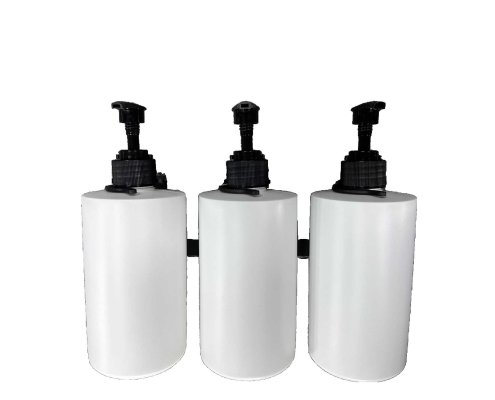In the world of hospitality, details are everything. The guest experience is a tapestry woven from countless threads—from the thread count of the sheets to the warmth of the welcome. One often underestimated yet crucial thread is the humble bathroom soap dispenser. It’s a point of direct, tactile interaction multiple times a day. The right choice says “quality,” “thoughtfulness,” and “brand consistency.” The wrong choice can lead to frustration, mess, and a perceived lack of care.
Selecting a soap dispenser is not a one-size-fits-all decision. The ideal model for a luxury resort is vastly different from that of a budget-friendly motel. This guide will walk you through the key considerations and provide tailored recommendations for every major hotel category.
Key Considerations Before You Choose
Before diving into hotel types, establish your core criteria:
- Durability and Viability: Hotels are high-traffic environments. Dispensers must withstand constant use, occasional rough handling, and frequent cleaning with chemicals. Look for robust materials like cast metal, high-grade ABS plastic, or solid ceramic.
- Functionality and User-Friendliness: The mechanism must work flawlessly. Pumps should be smooth and require minimal pressure. Lever mechanisms should be intuitive. Avoid anything overly complicated that might confuse or frustrate a guest.
- Capacity and Maintenance: Larger capacities mean fewer refills, saving housekeeping time and labor costs. Opt for dispensers that are easy to open, fill, and clean to streamline operations.
- Aesthetics and Design: The dispenser must complement the bathroom’s design ethos. It should feel like an integrated part of the décor, not an afterthought.
- Sustainability: Modern travelers are increasingly eco-conscious. Refillable dispensers significantly reduce single-use plastic waste compared to individual miniature bottles. This is not just an environmental choice but a powerful marketing message.
- Cost: Factor in the total cost of ownership: the initial unit price, the cost of bulk soap refills, and the long-term maintenance and replacement costs.
Dispenser Recommendations by Hotel Type
1. Luxury & 5-Star Hotels
Guest Expectation: Seamless, elegant, and memorable perfection. Every element should feel premium, bespoke, and exceptionally high-quality.
- Recommended Type: Wall-mounted, automated (sensor-operated) dispensers or high-end manual pumps.
- Material: Brushed nickel, polished chrome, bronze, or brass are ideal for a timeless, luxurious feel. For a more modern aesthetic, consider matte black finishes or even crystal/glass accents. Solid ceramics with a high-gloss glaze also convey opulence.
- Why It Works:
Sensor-operated models offer the ultimate in hygiene and modern luxury—guests never touch the unit.
The weight and cool touch of metal signal quality and substance.
Look for models with minimal branding or the option for custom engraving of the hotel’s logo for a truly bespoke touch.
- Product Suggestion: A heavy-gauge stainless steel sensor dispenser with a quiet, precise motor. The design should be sleek and minimalist.
2. Boutique & Design-Led Hotels
Guest Expectation: Unique, Instagram-worthy, and thoughtfully curated. Design is a primary driver of the experience.
- Recommended Type: This is where you can get creative. Unique manual pumps, sculptural ceramic vessels, or dispensers integrated into the mirror or wall are all possibilities.
- Material: Almost anything goes: matte ceramics in unique colors, reclaimed wood with a glass reservoir, colored glass, or brushed metals in unusual finishes like copper or rose gold.
- Why It Works: The bathroom fixture becomes a conversation piece. It reinforces the hotel’s unique narrative and design story. The focus is on aesthetics and creating a cohesive visual theme.
- Product Suggestion: A hand-thrown ceramic dispenser from a local artist or a geometrically shaped pump in a bold, contrasting color that matches the hotel’s branding.
3. Business & Conference Hotels
Guest Expectation: Efficiency, reliability, and functionality. Guests are often on a tight schedule and value things that work simply and effectively.
- Recommended Type: Large-capacity, wall-mounted manual lever pumps.
- Material: Durable, commercial-grade plastic or metal. Finishes should be smudge-resistant like brushed nickel or matte finishes.
- Why It Works:
Lever pumps are universally understood and reliable. They have fewer mechanical parts to fail than sensors.
Large capacity reduces the chance of a dispenser running out during a guest’s stay, minimizing complaints and housekeeping calls.
The aesthetic is clean, professional, and unobtrusive.
- Product Suggestion: A 1000ml+ capacity dispenser with a metal lever and lockable, easy-fill reservoir. It’s a workhorse designed for performance and durability.
4. Resort & Spa Hotels
- Guest Expectation: Relaxation, wellness, and immersion in a natural or serene environment. The experience should feel nurturing and holistic.
- Recommended Type: Wall-mounted manual pumps or sensor models that evoke a spa-like feel.
- Material: Natural materials are key. Think bamboo, teak wood, stoneware, or pebble-shaped ceramics. Soothing, earthy tones like sand, grey, and soft green work well.
- Why It Works: Materials like bamboo are sustainable and directly connect to a natural, calming aesthetic. The design should feel organic and soft, avoiding harsh lines or industrial looks. The soap itself is often a premium, aromatherapeutic blend.
- Product Suggestion: A dispenser with a bamboo housing or a smooth, river-stone-shaped ceramic pump. Sensor models here should be nearly silent to maintain the tranquil atmosphere.
5. Budget & Limited-Service Hotels
Guest Expectation: Cleanliness, value, and practicality. The priority is providing a functional, hygienic, and cost-effective solution.
- Recommended Type: Simple, lockable wall-mounted pumps or integrated dispenser systems (combined shampoo, conditioner, body wash).
- Material: High-impact, durable ABS plastic.
- Why It Works:
Cost-effectiveness is paramount. These units are affordable to purchase and replace.
Combined 3-in-1 systems save space, reduce installation points, and simplify the housekeeping process.
Locking mechanisms prevent tampering and waste.
They offer the significant sustainability and cost-saving benefits of bulk amenities over single-use bottles.
- Product Suggestion: A simple, white or neutral-colored lockable plastic pump with a clear reservoir for easy monitoring of soap levels.
6. Eco-Friendly & Sustainable Hotels
Guest Expectation: Authentic commitment to environmental practices. Every choice must reflect this core brand value.
- Recommended Type: Dispensers made from recycled or highly sustainable materials. Refill models are a must.
- Material: Post-consumer recycled plastic, reclaimed wood, bamboo, or aluminum (highly recyclable).
- Why It Works: It validates the hotel’s mission. The story is important—guests will appreciate knowing the dispenser is made from 100% recycled ocean plastic or sustainably sourced bamboo. This choice aligns with the bulk-fill model, which is the most significant way to reduce amenity waste.
- Product Suggestion: A dispenser certified by a sustainability organization, made from 100% recycled materials, and paired with a vegan, cruelty-free, and biodegradable soap formula.
Final Checklist for Procurement
- Test the Mechanism: Order a sample. Is the pump smooth? Is the sensor responsive?
- Check Refill Availability: Ensure the bulk soap you plan to use is compatible with the mechanism to avoid clogs.
- Consider Installation: Do you need a professional to drill into tile? Are there adhesive options for surfaces you can’t drill?
- Plan for Maintenance: Train housekeeping on proper refilling and cleaning procedures to ensure longevity.
Conclusion
The soap dispenser is a small fixture with a big job. It is a functional tool, a design element, and a communicator of your brand’s values. By carefully selecting a dispenser that aligns with your specific hotel type, target guest, and operational needs, you invest in an detail that elevates the entire guest experience, proving that true luxury and quality are always in the details.

